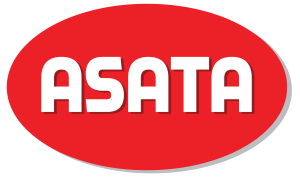Airlines see sharp rise in unruly passengers, says IATA
Airlines have seen a sharp rise in unruly passengers in 2015, according to a recent report by IATA.
Incidents of people getting in fights, being verbally abusive or refusing to follow cabin crew orders were up by 17%. Alcohol or drug use was identified as a factor in one in four incidents, though in the vast majority of instances these were consumed prior to boarding or from personal supply without knowledge of the crew. In 11% of cases, there was physical aggression or even damage to the aircraft.
Of the 265 airlines represented by IATA, 40% have diverted a flight in the past 12 months due to an unruly passenger.
IATA assistant director, Tom Colehan, said frustrations with the journey, including long security lines could be triggers. “I don’t think anybody knows exactly the reason driving the rise,” he said. “Perhaps it’s just reflective of societal changes where anti-social behaviour is more prevalent and perhaps more accepted.”
“The increase in reported incidents tells us that more effective deterrents are needed,” says Alexandre de Juniac, IATA’s Director General, adding that more governments need to adopt the Montreal Protocol 2014, which allows airlines to seek compensation from rowdy passengers.
In some countries there has been a focus on the role of alcohol as a trigger for disruptive behavior. De Juniac explains airlines already have strong guidelines and crew training on the responsible provision of alcohol. He says: “IATA is supporting initiatives, such as the code of practice pioneered in the UK, which includes a focus on prevention of intoxication and excessive drinking prior to boarding. Staff in airport bars and duty-free shops must be trained to serve alcohol responsibly and there is a need to avoid offers that encourage so-called ‘binge drinking’.”
Evidence from an initiative by Monarch Airlines at London’s Gatwick Airport has shown instances of disruptive behavior can be cut 50% with this pro-active approach before passengers’ board.
According to de Juniac, the industry believes that adopting this cooperative voluntary approach is preferable to heavy-handed regulation and licensing.





